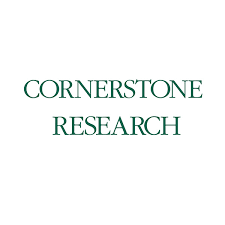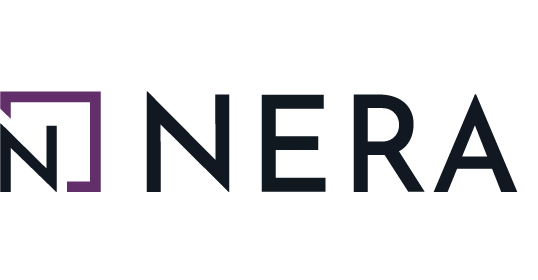
In the following guest post, Justin Bove, Chief Revenue Officer and Fiduciary Lead at Encore Fiduciary, reviews and analyses the ERISA fiduciary class action lawsuits filed in 2025. A version of this article previously was published on Encore’s Fid Guru Blog (here). My thanks to Justin for allowing me to publish his article on this site. Here is Justin’s article.Continue Reading Guest Post: The State of ERISA Fiduciary Litigation in 2025








